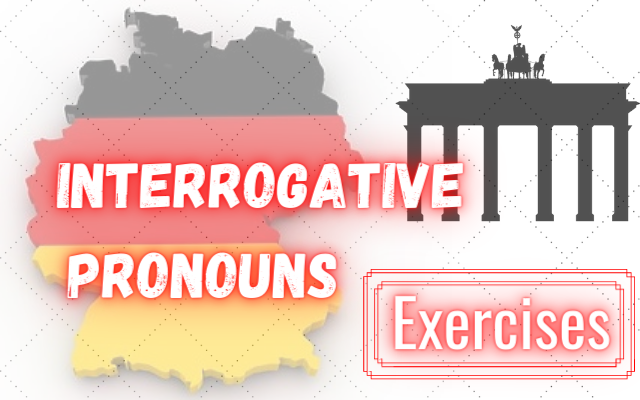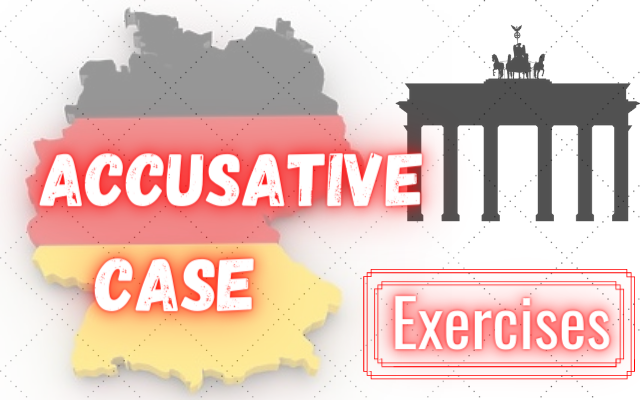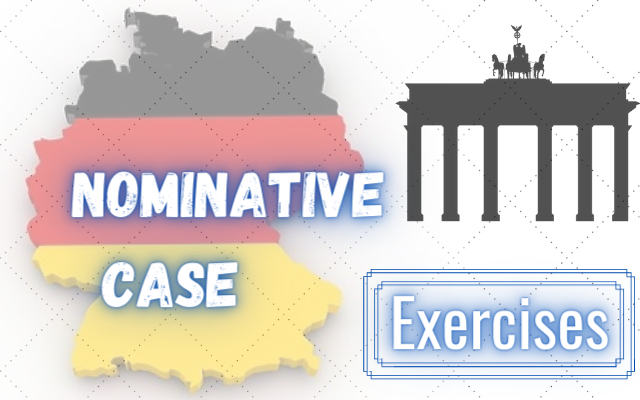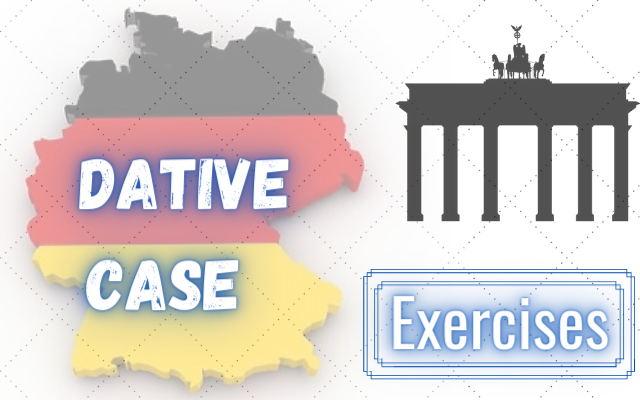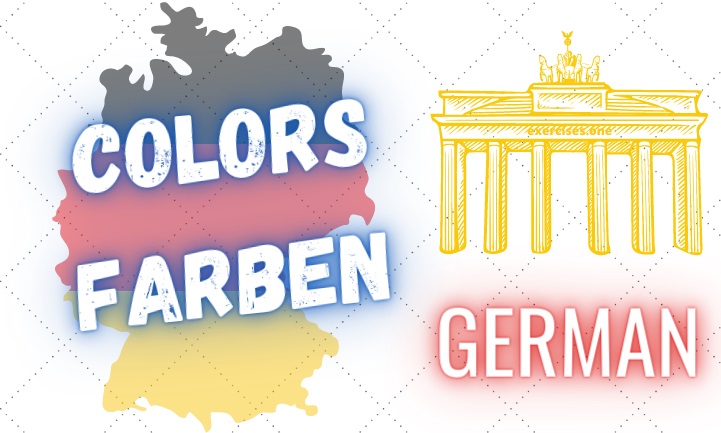
Hello there! We’re going to dive a bit deeper into the German language today and focus on genitive pronouns. They indicate possession, or in other words, show that something belongs to someone.
They are an essential part of the German language and are used very frequently in everyday conversation, just like in English when we say “my,” “your,” “his,” “her,” and so on.
In the following exercises, we will learn how to construct sentences using genitive pronouns, translate sentences from English to German, expand our vocabulary, and apply everything we’ve learned in a short text. So, let’s get started!

1) Put the Sentences in the Correct Order – German Genitive Pronouns
a) meines / das / ist / buch / das / bruders
Das ist das Buch meines Bruders.
2) Translate these Sentences – German Genitive Pronouns
a) This is my sister’s house.
Das ist das Haus meiner Schwester.
3) Practice your Vocabulary of German Genitive Pronouns
a) My – Your – His
Meiner – Deiner – Seiner
4) Practice Your Writing by Translating this Small Text Taking the German Genitive Pronouns into Consideration
Great job! You have now worked your way through several exercises on German genitive pronouns. Remember, practice is crucial when learning a new language, so try to incorporate these genitive pronouns in your daily German conversation or writing.
The more you use them, the more natural it will become. Keep revisiting these exercises until you feel comfortable with the genitive case.
As always, don’t hesitate to ask if you have any questions or need further clarification on any points. Well done, and keep up the good work with your German studies!



